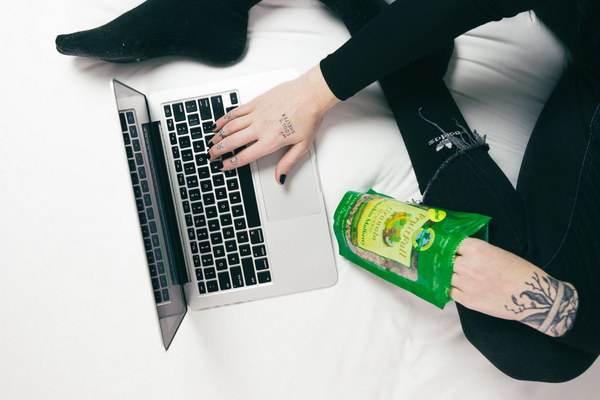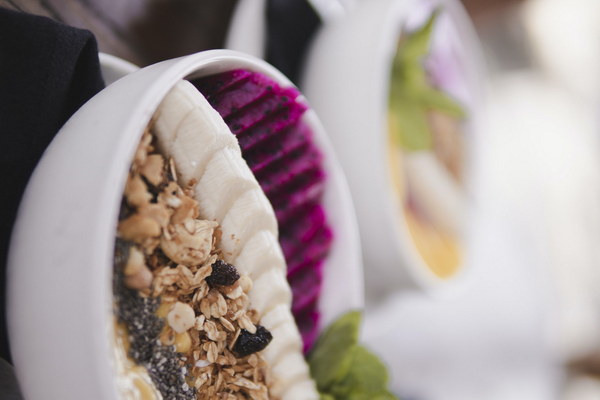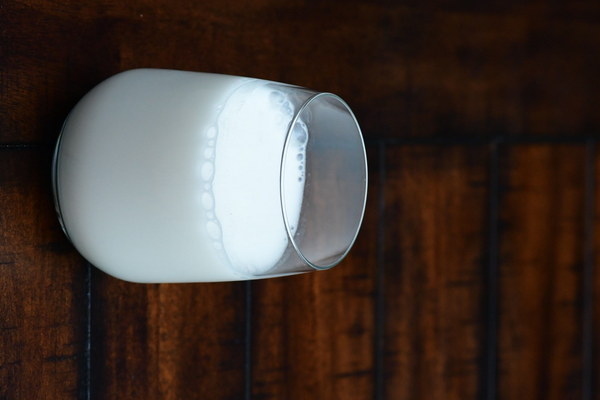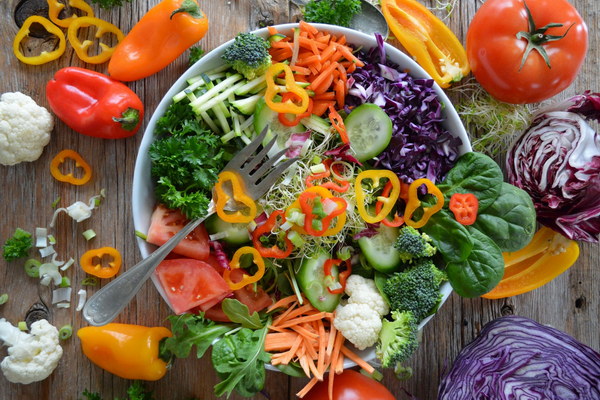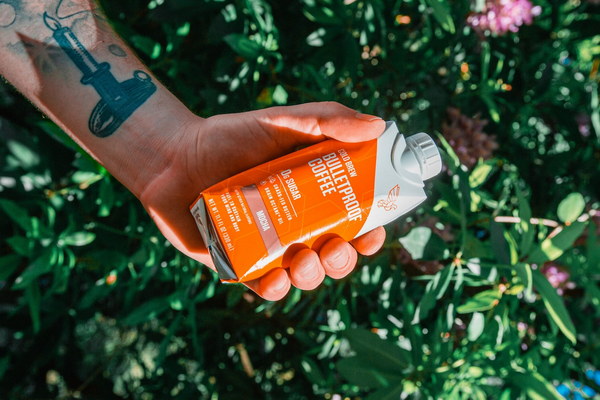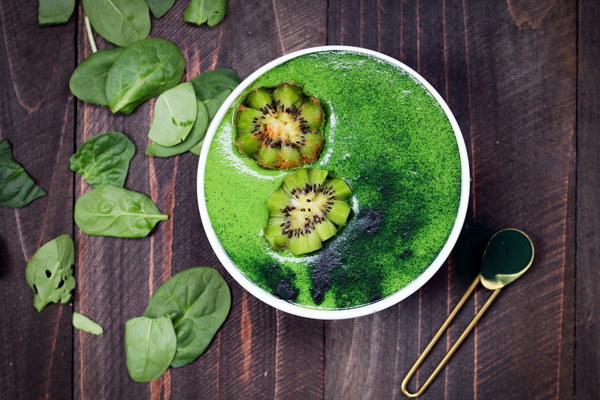Unveiling the Power of Herbs A Comprehensive Guide to Treating Dampness with Medicinal Remedies
In traditional Chinese medicine, dampness is considered one of the main factors causing various health issues. Dampness refers to the accumulation of excess fluid in the body, leading to symptoms such as fatigue, weight gain, and poor digestion. To combat this problem, medicinal herbs have been used for centuries to expel dampness and restore balance to the body. This article delves into the world of dampness and explores the most effective herbs used in treating dampness with medicinal remedies.
Understanding Dampness in Traditional Chinese Medicine
Dampness is a concept in traditional Chinese medicine (TCM) that represents the accumulation of moist, heavy, and sticky qualities in the body. It can arise from various factors, including diet, environment, and emotional stress. Dampness can affect different organs and tissues, leading to a range of symptoms and health issues.
Common symptoms of dampness include:
- Fatigue and lack of energy
- Weight gain or bloating
- Poor digestion and frequent loose stools
- Joint pain and muscle aches
- Mucus production and respiratory issues
- Excessive sweating
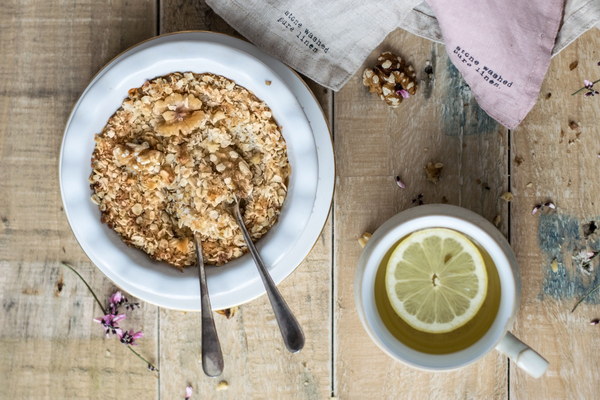
- Dull, greasy skin
- Water retention and swelling
Herbs for Treating Dampness: A Selection of Effective Remedies
To address dampness, TCM practitioners often recommend a combination of herbs to expel dampness, boost energy, and restore balance to the body. Here is a list of some commonly used herbs for treating dampness:
1. Astragalus (Astragalus membranaceus)
Astragalus is a well-known adaptogen that enhances the immune system and promotes overall well-being. It helps expel dampness and boost energy, making it an excellent herb for treating fatigue and weakness associated with dampness.
2. Poria (Poria cocos)
Poria is a mushroom-like herb that is believed to have diuretic properties, helping to eliminate excess fluid from the body. It is often used in combination with other herbs to treat dampness-related conditions such as water retention and joint pain.
3. Atractylodes (Atractylodes macrocephala)
Atractylodes is a popular herb for treating dampness, especially when accompanied by poor digestion and bloating. It helps to strengthen the spleen and stomach, promoting better digestion and the absorption of nutrients.
4. Cinnamon (Cinnamomum cassia)
Cinnamon is a spice that also serves as a medicinal herb in TCM. It has warming properties and helps to expel cold and dampness from the body. Cinnamon is often used in combination with other herbs to treat joint pain, muscle aches, and cold limbs.
5. Coix Seed (Coix lachryma-jobi)
Coix seed is known for its diuretic and laxative properties, making it an excellent herb for treating dampness-related conditions such as water retention, edema, and constipation. It is often used in combination with other herbs to support overall dampness expulsion.
6. Peony (Paeonia lactiflora)
Peony is a cooling herb that helps to relieve inflammation and pain caused by dampness. It is commonly used to treat joint pain, muscle aches, and menstrual cramps.
7. Alisma (Alisma orientale)
Alisma is a diuretic herb that helps to eliminate excess fluid from the body. It is often used in combination with other herbs to treat dampness-related conditions such as edema, cough, and shortness of breath.
Combining Herbs for Optimal Results
To achieve the best results when treating dampness with medicinal herbs, it is important to consult with a qualified TCM practitioner. They will assess your individual constitution and condition, and create a personalized herbal formula tailored to your specific needs.
In conclusion, treating dampness with medicinal herbs is a time-honored practice in traditional Chinese medicine. By understanding the underlying causes of dampness and utilizing the right combination of herbs, individuals can effectively expel dampness, restore balance to the body, and improve their overall health and well-being.
